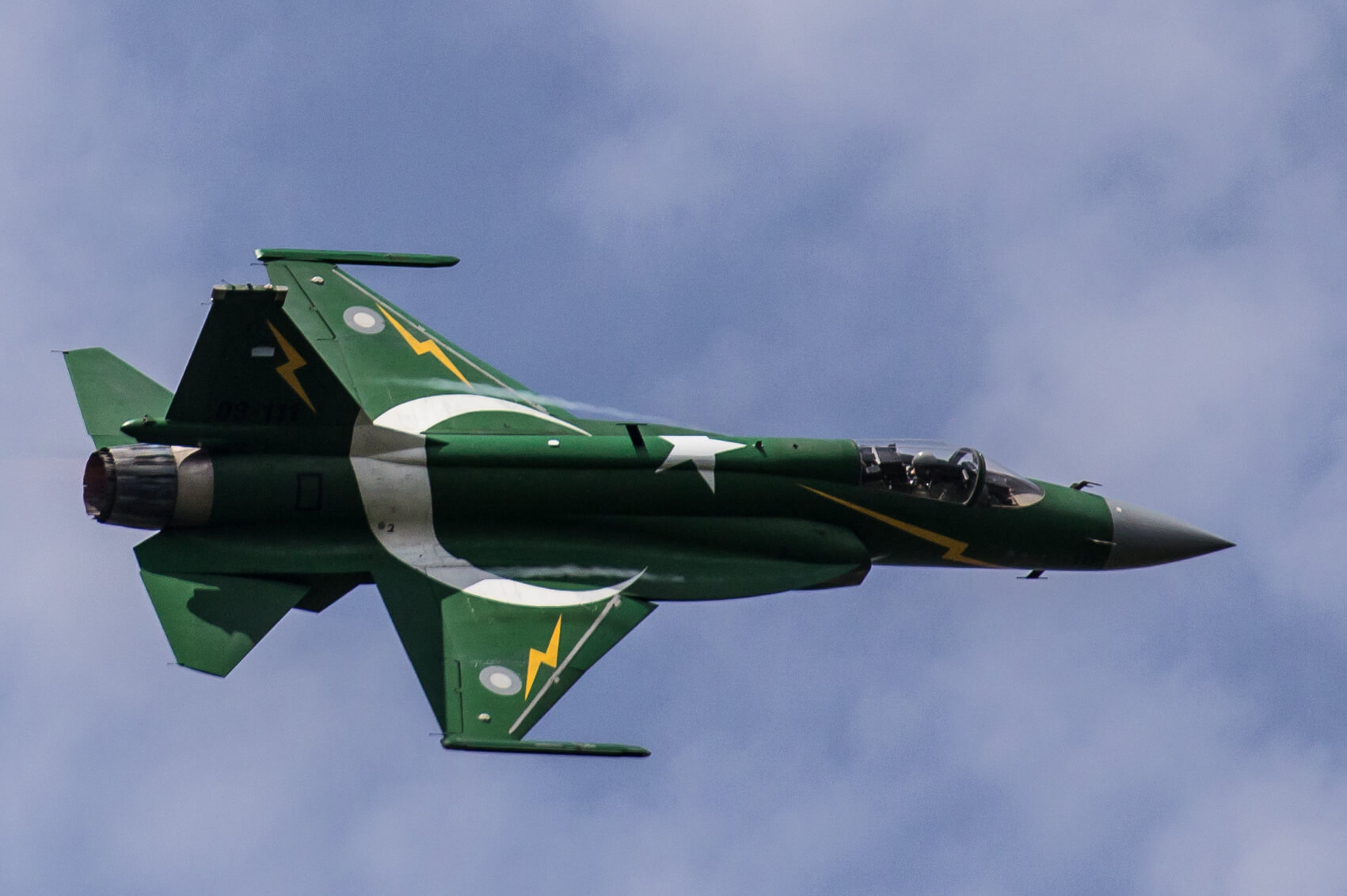Indian officials reported increased fighter aircraft activities by Pakistan close to Indian territory, indicating a deepening struggle between the two nations over the Kashmir issue. They said that the patrols include a mix of fighter aircraft, including F-16s, JF-17s, and Mirage III fighters.
The patrols are allegedly in response to the death of five Indian security forces in Handwara who died in an operation that killed two terrorists who were in hiding in the region. One of the terrorists killed was a top officer of the Lashkar-e-Taiba (LeT), a Pakistan-based Islamist terrorist organization. Pakistan fears that India will retaliate in response to this incident and the overall increased violence levels in the Kashmir valley with further attacks on terrorist camps in Pakistan.
In recent years, after major terrorist attacks on Indian soil, such as the Uri attack and the Pulwama suicide attack, the Indian armed forces have launched retaliatory strikes in Pakistan for state-sponsored terrorism. For example, after the Pulwama attack, the Indian Air Force launched an aerial attack on a Jaish-e-Mohammed (JeM) camp in Balakot in the Khyber Pakhtunkhwa province.
In response to recent events, Pakistani Prime Minister Imran Khan warned about the possibility of a “false flag operation” by India after India claimed that Pakistan was responsible for the unrest in Kashmir. He tweeted, “I have been warning the world about India’s continuing efforts to find a pretext for a false flag operation targeting Pakistan. Latest baseless allegations by India of ‘infiltration’ across LoC are a continuation of this dangerous agenda.”
In response to this, Indian security forces have been put on high alert and are closely monitoring activities in the region using assets such as their Airborne Warning And Control Systems (AWACS) and their Airborne Early Warning and Control (AEW&C) systems. On Saturday, National Security Advisor Ajit Doval asked security agencies to strengthen their counter-infiltration activities along the Line of Control (LoC) to curb the growing unrest in the area.
According to intelligence reports, terrorist groups such as LeT, JeM, and Hizbul Mujahideen have been increasingly active in areas adjacent to the LoC. This is likely to attract further retaliation from Indian authorities. Amid the worsening coronavirus crisis, the Kashmir region is becoming increasingly destabilized, with increased and heightened military activity across the region. This could potentially lead to a dangerous escalation of tensions with neighboring Pakistan.
Image Source: Military Watch Magazine
Following Handwara Attack, Pakistan Increases Fighter Aircraft Activity Along Border
May 11, 2020

